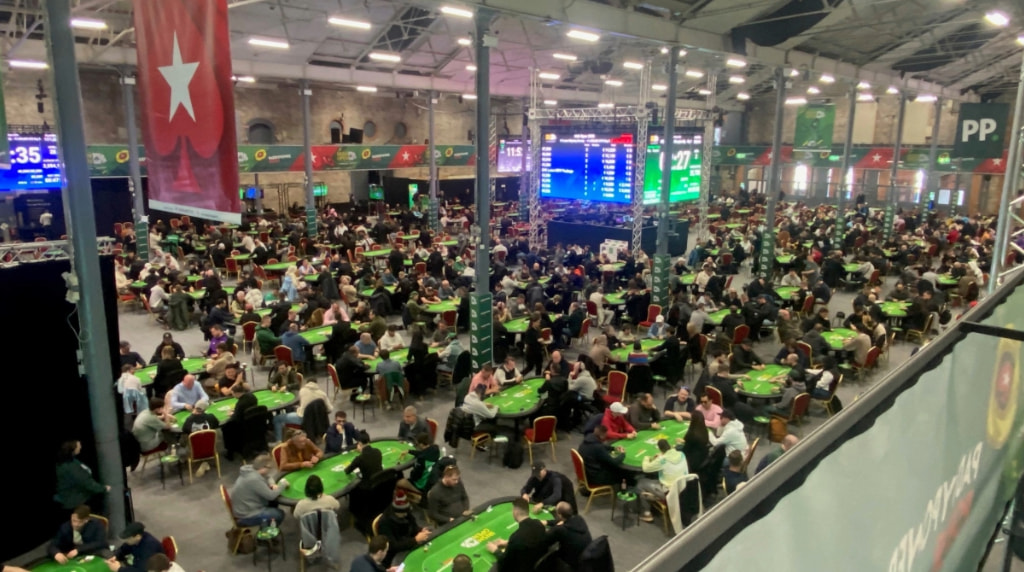Colombia Addresses Money Laundering
Colombia’s gaming authority, Coljuegos, is working on a new project to combat money laundering and other financial crime within the gaming sector. It is a comprehensive task, with some elements already launched and some underway. New appointments to support this work have also been made within the organization.

Coljuegos is increasing its efforts against money laundering and financial crime in Colombia. Sasun Bughdaryan/Unsplash
Changes to Coljuegos’ anti-money laundering approach
The aims of Coljuegos’ new project are varied. Though money laundering is perhaps the biggest topic, it is an umbrella that also connects other financial crimes that can threaten the gaming industry. Coljuegos also must work in tandem to prevent other aspects of illegality in gambling.
In the case of Colombia’s industry, the authority is also addressing financing of terrorism (known as FT), as well as financing of the proliferation of weapons of mass destruction (FPADM). Undetected money laundering can create financial opportunities for nefarious crimes of this scale and Colombia’s government considers it a serious concern.
The government, via Coljuegos, will address these matters by updating policy so that money laundering can be better detected and regulated. Since money laundering can also be tied into other organized crime, the group also needs to work collaboratively within the government to address it effectively.
Coljuegos presented its findings and projected goals recently. One major recommendation by the group is to appoint a “Compliance Officer.” This officer would be directly responsible for creating a team to fight money laundering, FT and FPADM in Colombia.
The hope is that this public servant would have more power and support to research, create policy and work with other governmental organizations. It would also create a branch of Coljuegos that can specifically address this one important area, while normal operations continue alongside it.
The task force would be charged with recommending directives for Coljuegos to prevent money laundering and various financial crimes. They would also be responsible for an important tool in Coljuegos’ belt, the system for Risk Prevention, Identification and Management of money laundering.
These systems are widely used by various countries and their gaming authorities. They are typically digital tools that can be implemented to scan for unusual activity and make note of trends, but they need human input to monitor and make full use of them.
Once in place, the task force would also be in charge of seeing through whatever policies it recommends, assessing how well they work and making changes as needed. They would work with the United Nations Security Council as well, in order to keep tabs on changes to the UN’s targeted financial sanctions, which are directly connected to this field of work.
How has Coljuegos addressed money laundering up until now?
Coljuegos regularly reports to the Financial Information and Analysis Unit (UIAF) of Colombia. The kind of information it shares in its quarterly reports involves any suspicious activity clocked by gaming operators. It usually picks up on these activities when it works though concession contracts with new operators.
Coljuegos has the right to do this work based on Article 2, Decree 1497, which was established in 2002. It makes clear that public and private entities, including those in the gaming sector, must report to UIAF to help prevent financial crime.
This law is also connected to Law 1186, established in 2008. Within this law was the important development that Colombia’s federal government took on 40 recommended policies suggested by the country’s Financial Action Task Force (GAFI).
Coljuegos recently announced a new president, after the resignation of former president César Augusto Valencia. Part of president Roger José Carrillo Campo’s responsibilities will be continuing the ongoing work against money laundering.



